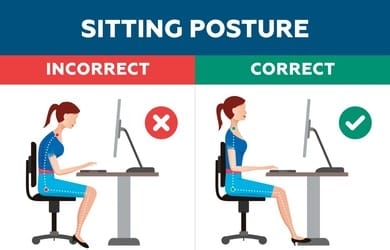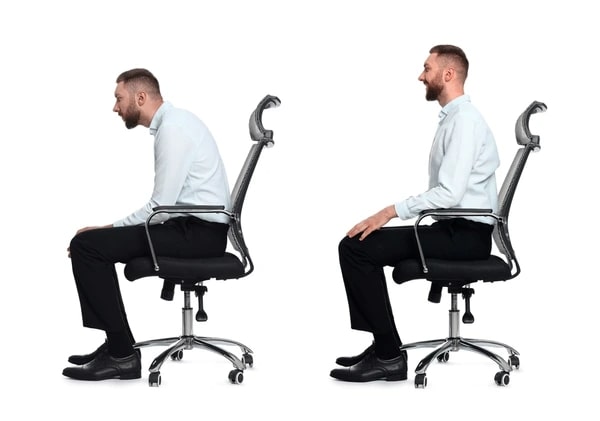Spine Health for Desk Workers: Preventing Back Pain in the Office
In today’s fast-paced world, desk jobs have become the norm for many professionals. While these jobs offer numerous advantages, they often come with a hidden cost: the risk of back pain.
Back pain is a prevalent issue among office workers, but the good news is that it’s preventable. By prioritizing spine health and implementing a few key strategies, you can safeguard your well-being and comfort at work.
At the forefront of spinal health is Dr. Vignesh Pushparaj, the best spine surgeon in Chennai, who understands the unique challenges faced by desk workers. In this blog post, we’ll explore essential spinal health tips for office workers, helping you avoid back pain and maintain a healthy spine.
The Impact of Desk Jobs on Spine Health
Desk jobs often require long hours of sitting, which can take a toll on your spine over time. Prolonged sitting can lead to poor posture, muscle imbalances, and increased pressure on your spinal discs.
These factors can contribute to discomfort and, if left unaddressed, may result in chronic back pain.
Ergonomics: Setting Up Your Workspace
Creating an ergonomic workspace is crucial for spine health. An ergonomic office setup can significantly reduce the risk of back pain.

8 Spine Health Tips for Desk Workers
1- Choose the Right Chair: Invest in an ergonomic chair that provides lumbar support and promotes good posture.
2- Optimal Desk Height: Ensure that your desk is at the right height to prevent hunching or straining.
3- Monitor and Keyboard Placement: Position your computer monitor at eye level and keep your keyboard at elbow height to maintain a neutral wrist and spine position.
4- Regular Movement and Stretching
Combat the negative effects of prolonged sitting by incorporating movement into your day. Take short breaks to stand, stretch, and walk around. Simple office exercises and stretches can help alleviate tension and prevent stiffness.
5-Core Strengthening Exercises
A strong core is the foundation of good posture and spinal health. Consider integrating core-strengthening exercises into your routine, even during work breaks. These exercises can help support your spine and reduce the risk of back pain.
6-Mindful Sitting and Posture
Maintaining proper posture while sitting is essential for spine health. Be mindful of your posture throughout the day and consider using lumbar supports or posture-correcting tools to assist you.
7-Stress Management and Relaxation Techniques
Stress can exacerbate back pain. Incorporate stress management techniques into your daily routine, such as deep breathing exercises or meditation. A calm mind can help alleviate tension in the body.
8-Nutrition and Hydration
Proper nutrition and hydration play a role in spine health. A balanced diet rich in nutrients supports your spine’s overall health, and staying hydrated helps maintain spinal disc hydration.
Regular Check-Ins with Healthcare Professionals
Regular check-ups with healthcare professionals like Dr. Vignesh Pushparaj, an expert in spine fracture treatment in Bangalore, are crucial for maintaining spinal health. They can provide guidance, perform assessments, and recommend treatments or exercises tailored to your specific needs.
In conclusion:
Spine health for desk workers is achievable with the right strategies and awareness. By following these tips and seeking professional guidance when needed, you can prevent back pain and ensure your spine remains in optimal condition.
Prioritizing your spine health not only enhances your work experience but also contributes to your overall well-being and quality of life.






0 Comments